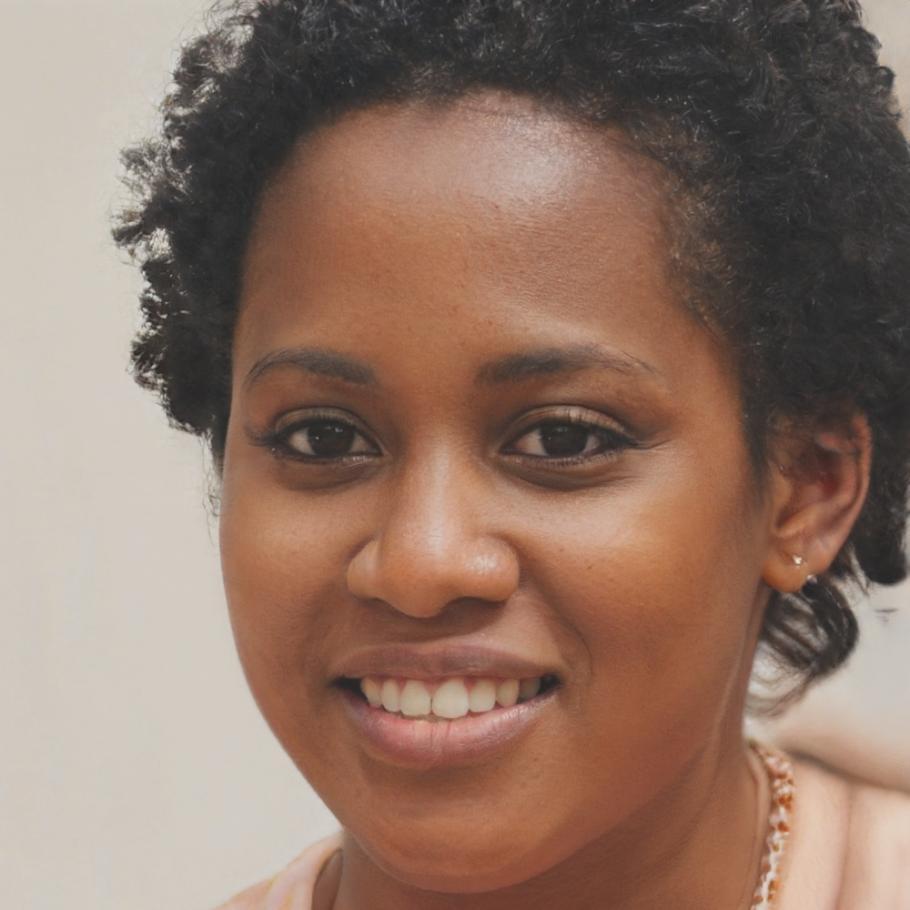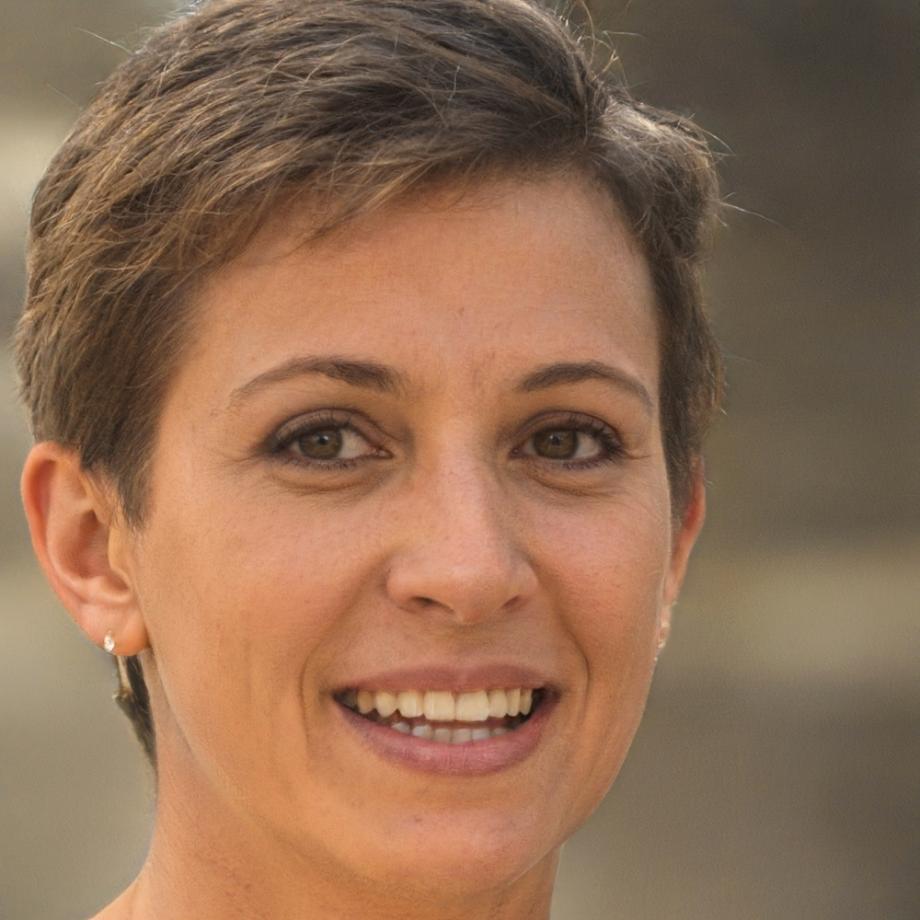Building Better Money Habits, One Week at a Time
We started gyrelonviva because we kept meeting people who felt completely lost when it came to managing their weekly spending. Not because they weren't smart—they just never learned the practical stuff.
How We Got Started
Back in early 2023, three of us were sitting around a café in Hobart talking about how bizarre it was that schools teach calculus but not basic budgeting. We'd all struggled with money at different points—not from lack of income, but from never having a system that actually worked.
The turning point came when we realized weekly budgeting made way more sense than monthly for most people. You get paid weekly or fortnightly, bills hit at random times, and a month feels like forever when you're trying to change habits. Breaking it into weeks? That clicked.
We spent about eight months testing different approaches with a small group of volunteers around Tasmania. Some methods flopped completely. Others worked better than expected. By late 2023, we had something that genuinely helped people see where their money went each week without needing a finance degree to understand it.

What Matters to Us
Practical Over Perfect
We're not interested in teaching you to build elaborate spreadsheets you'll abandon after a week. Our programs focus on simple systems that actually fit into real life—even when things get messy.
Weekly Wins
Small progress beats grand plans every time. We structure everything around weekly check-ins because that's when habits actually stick. Monthly budgets sound great but they're too far apart to build momentum.
No Judgment Zone
Money mistakes are completely normal. We've made plenty ourselves. Our programs create space where you can be honest about spending patterns without feeling like you're being graded or lectured.
Who's Behind This

Brynn Calloway
Program Director
Brynn spent years working in community education before realizing financial literacy was the missing piece for so many people. She designs our weekly budgeting frameworks and somehow makes spreadsheets feel less intimidating.

Maren Lockwood
Education Specialist
After teaching high school economics for eight years, Maren joined us to focus on making finance concepts actually stick. She runs most of our workshops and has a talent for explaining complicated stuff without dumbing it down.
Our Teaching Philosophy
We've found that most budgeting advice falls into two useless categories: either it's so basic it insults your intelligence, or it's so complex you'd need an MBA to implement it. We aim for the middle ground—practical methods that respect your time and actual life circumstances.
-
1
Start with your actual spending patterns instead of some ideal budget you'll never maintain. Week one is just observation—no judgment, just data.
-
2
Build systems around your paycheck schedule. If you're paid weekly, we don't make you think in monthly terms. That's just confusing.
-
3
Focus on one habit at a time. Trying to overhaul your entire financial life at once usually leads to giving up by week three.
-
4
Make adjustments based on what actually happens, not what should happen. Your budget needs to work with your life, not against it.
